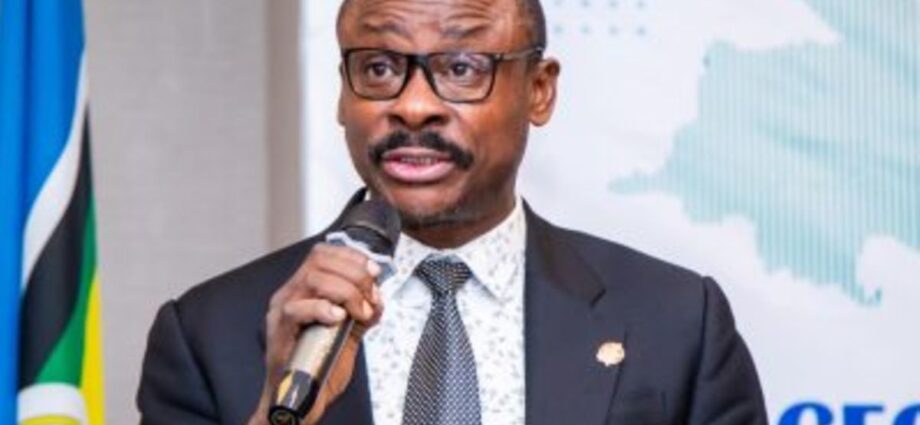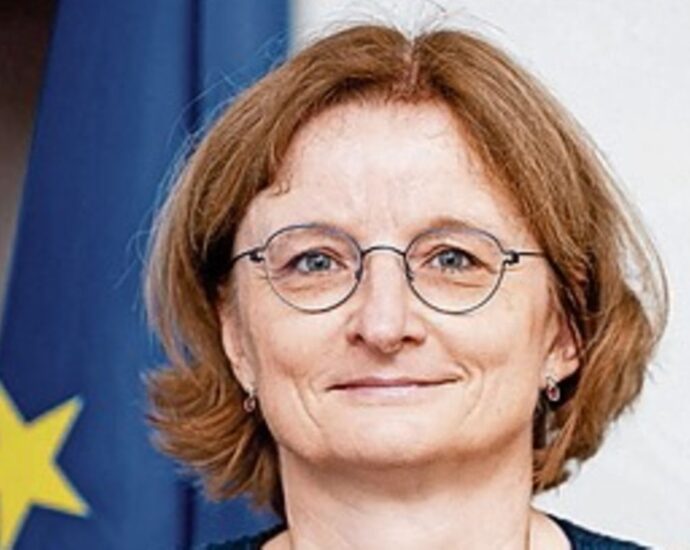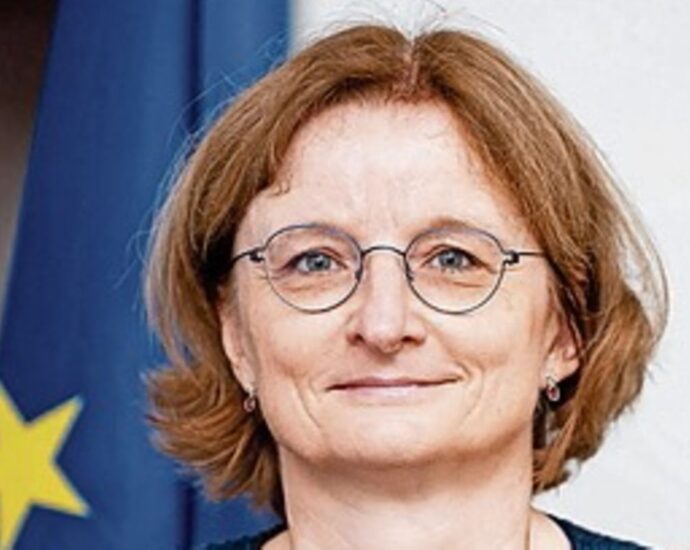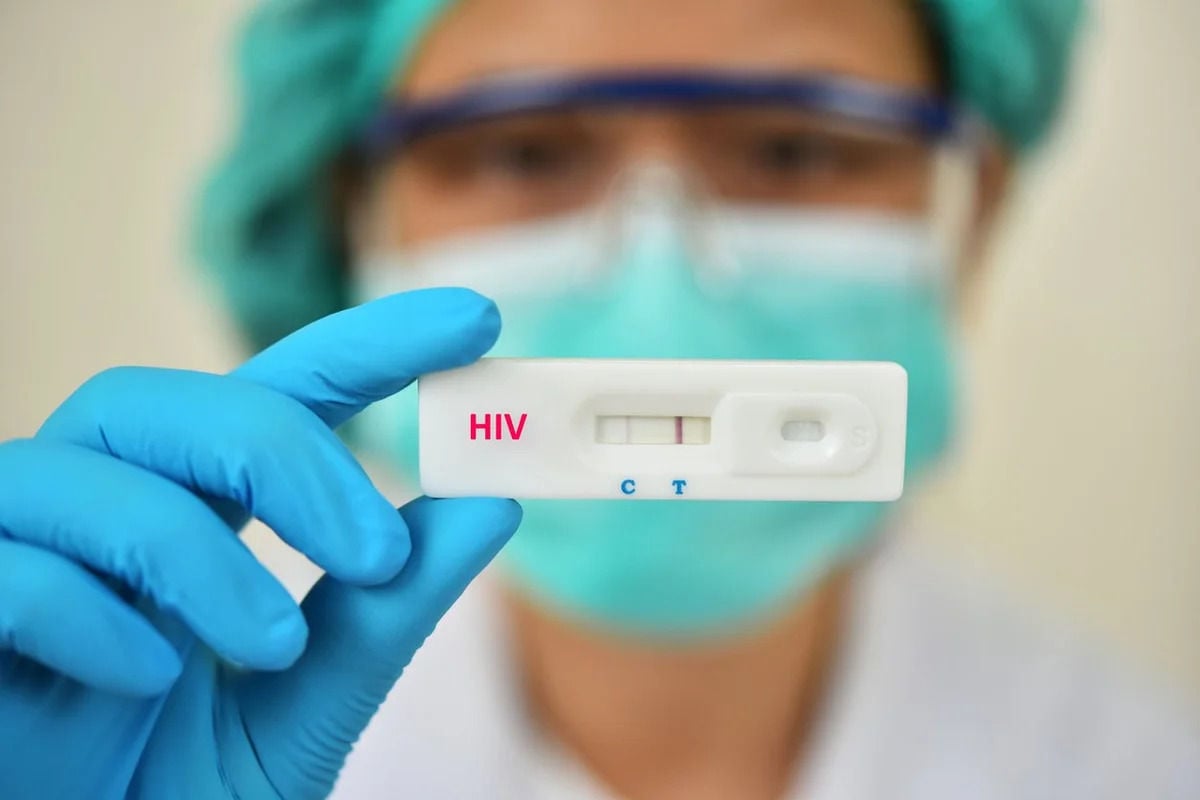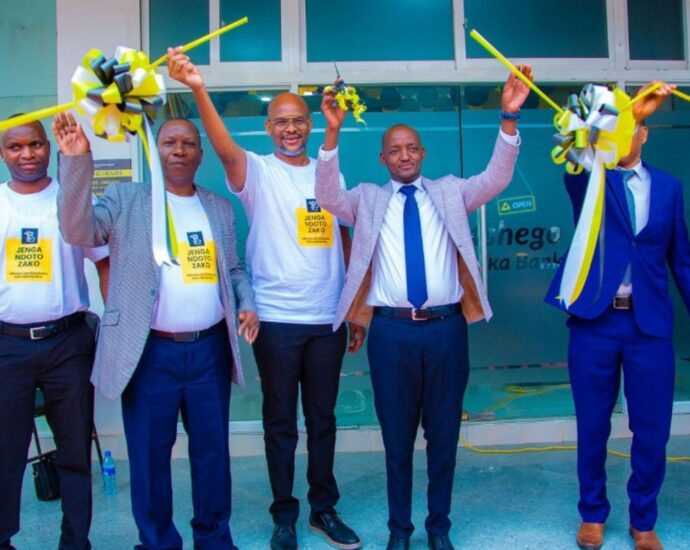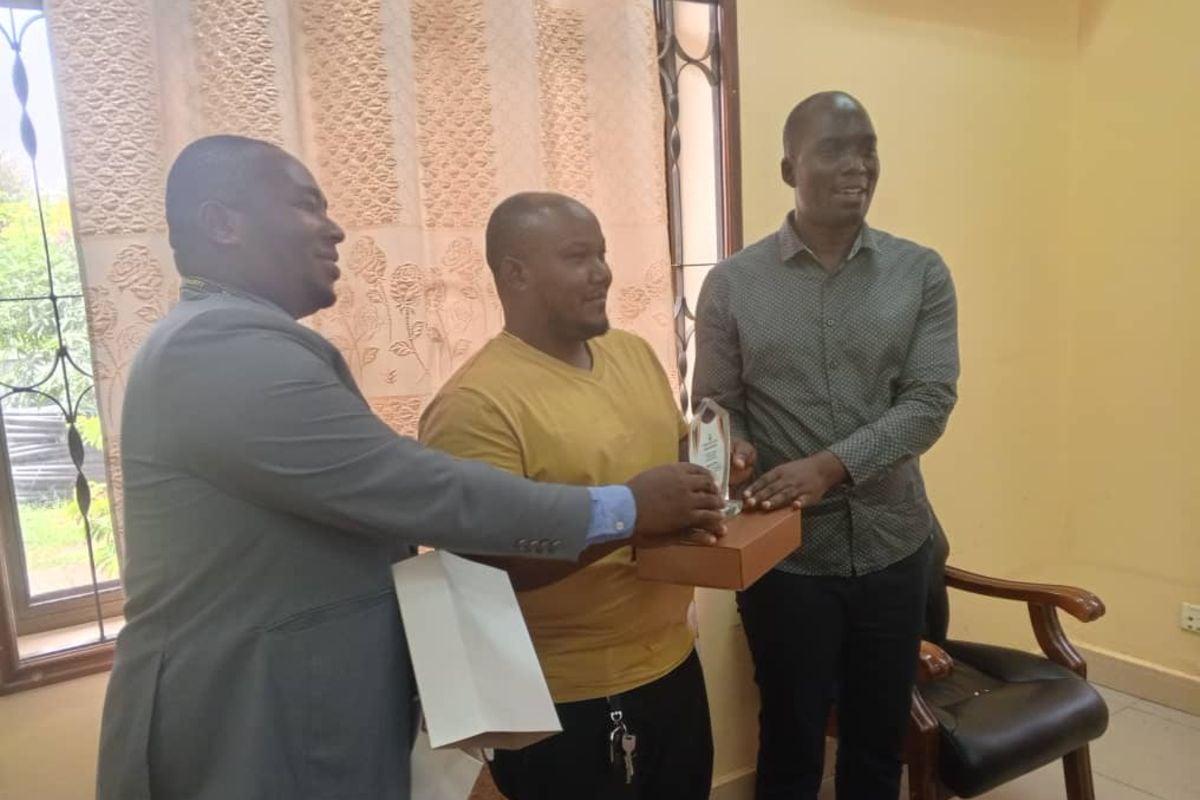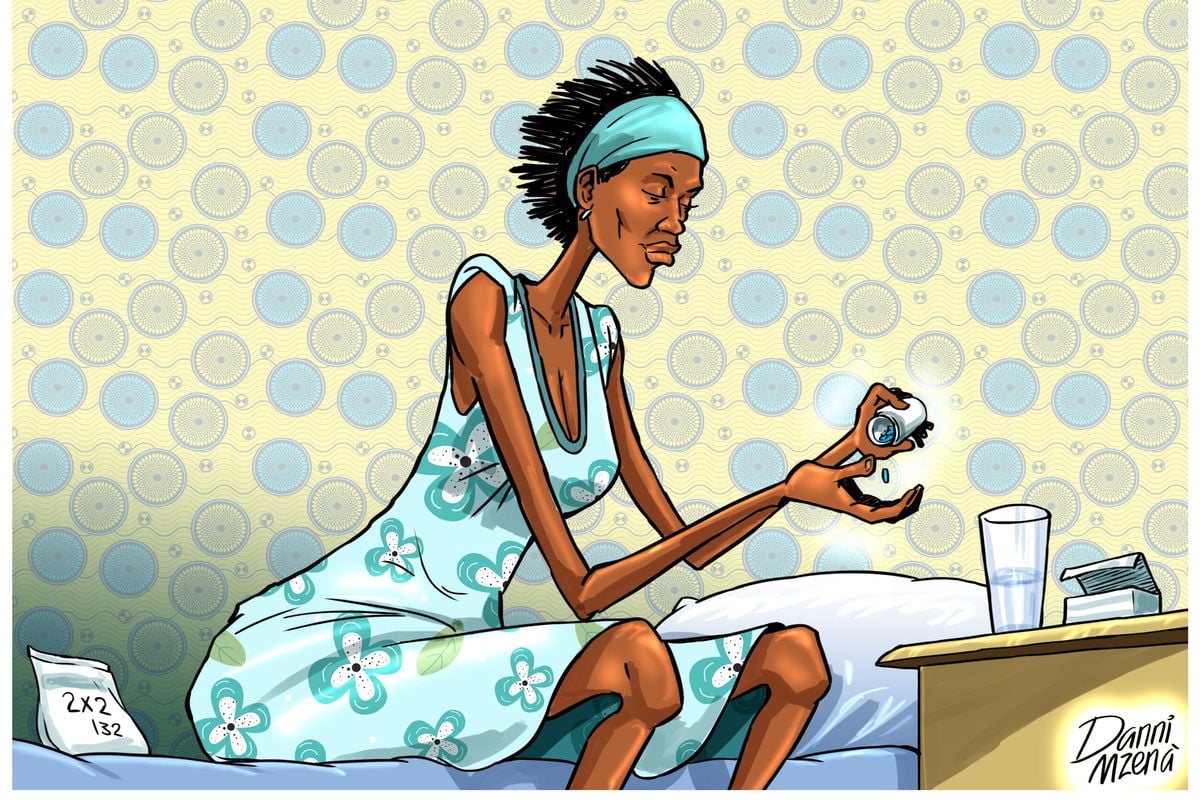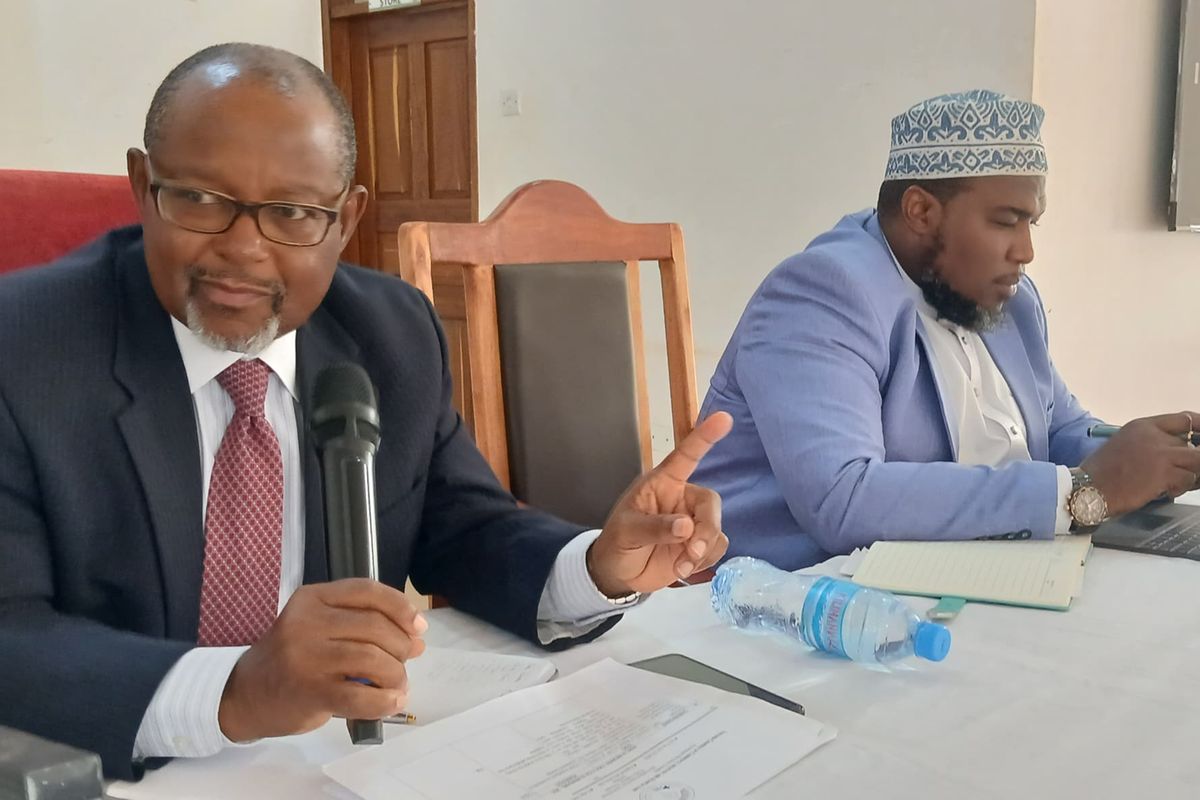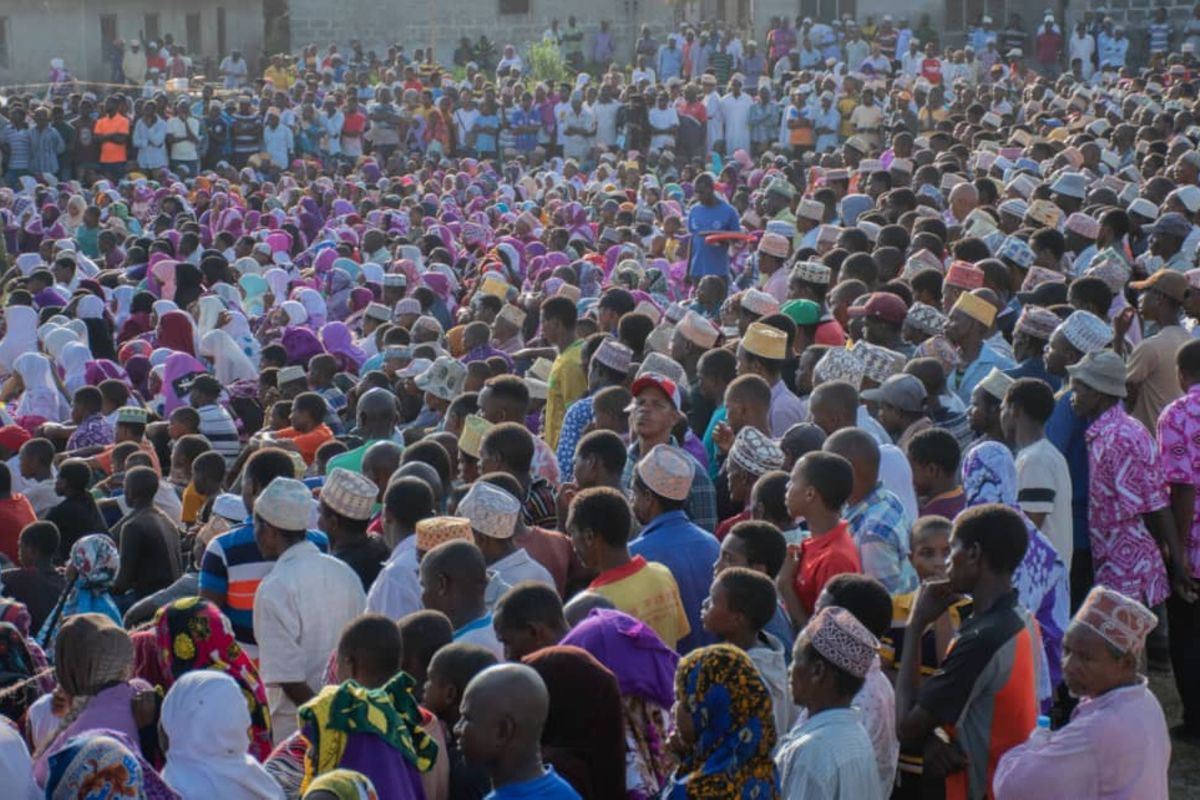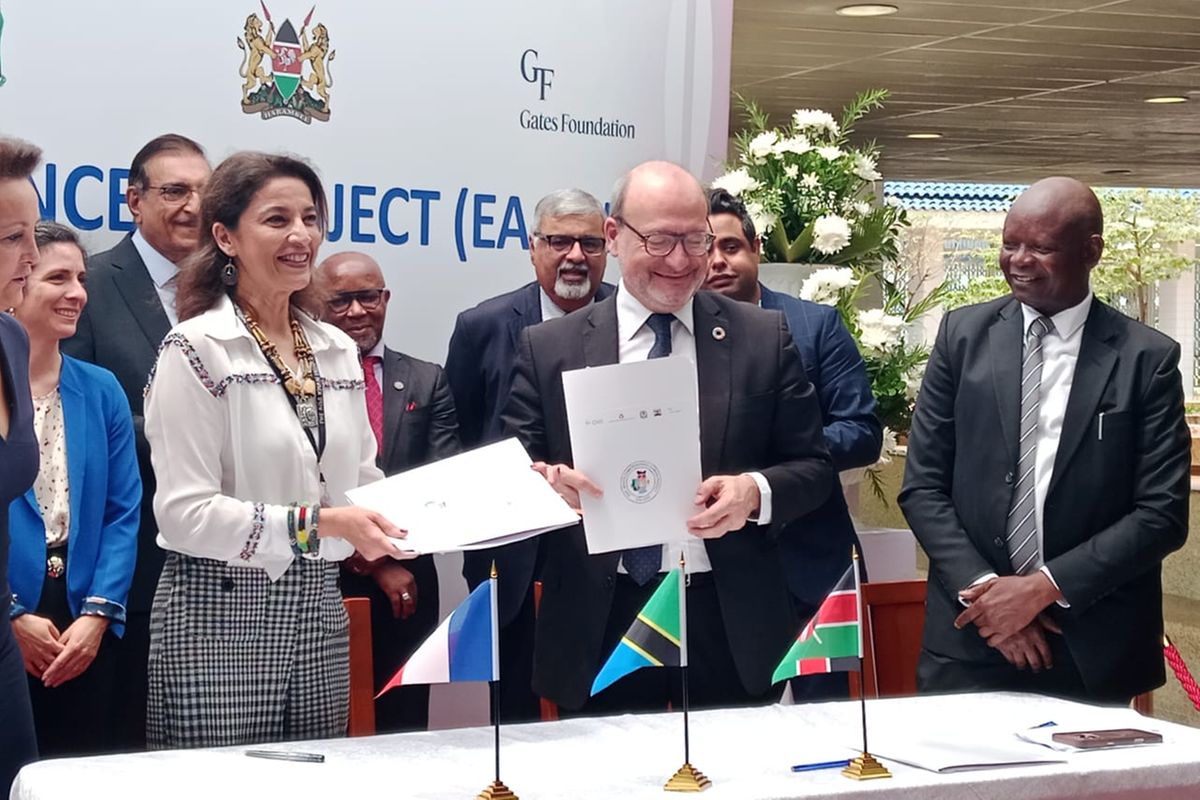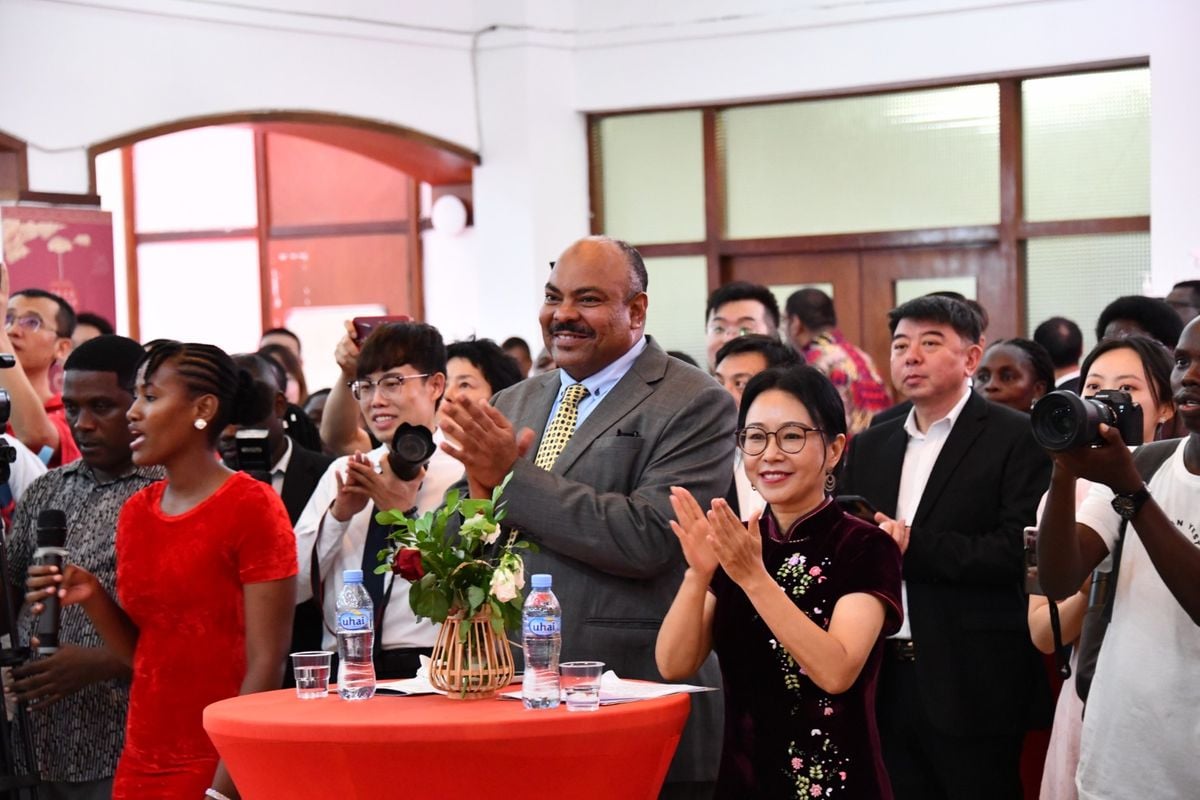Intra-EAC trade growth points to progress in integration
As the East African Community (EAC) celebrates its 25th anniversary, we commemorate a remarkable milestone in our collective journey toward economic prosperity, regional unity, and fostering an interconnected community that benefits all East Africans.
Over the past 25 years, the EAC has achieved significant milestones in regional integration. Intra-EAC exports have grown from 17 percent of total exports in 2017 to 21 percent in 2023.
This growth reflects a surge in monetary terms, with intra-EAC exports increasing from $2.4 billion in 2017 to $6.3 billion in 2023. These achievements underscore the resilience and diversification of the region’s economies, even amidst global economic challenges.
Among the key accomplishments, the Customs Union Protocol (2005) established a unified market by removing internal tariffs and introducing the EAC Simplified Trade Regime, significantly benefiting small-scale traders, particularly women and youth entrepreneurs.
The East African Customs Management Act, the Single Customs Territory (SCT), and One-Stop Border Posts have promoted the seamless movement of goods and people across the region. The introduction of the Common External Tariff (CET) in 2022, with a four-band structure, has strengthened regional value chains and protected local industries.
The Common Market Protocol (2010) enabled the free movement of goods, services, workers, capital, and people. It also guarantees the right of residence and establishment, spurring intra-EAC trade and investment. Several companies, including Equity Bank, Bidco, CRDB Bank, and KCB Bank, have expanded regionally.
Furthermore, Kenya, Rwanda, and Uganda have eased travel within the region by allowing the use of IDs alongside East African passports. Trade in services has also grown significantly, with the EAC bloc emerging as a net exporter of services, reaching $17.1 billion in exports in 2022, compared to $12.3 billion in imports globally.
Initiatives such as the EAC One Network Area for Telecommunications and the Single Tourist Visa have reduced roaming charges and simplified visa requirements. Mutual Recognition Agreements (MRAs) for professional qualifications have enhanced labour mobility for engineers, architects, accountants, and veterinarians. Abolishing pupil pass requirements and mutual recognition of academic certificates has further facilitated student mobility and cultural exchange.
Through the Monetary Union (2013), EAC Partner States are working to harmonise monetary and fiscal policies, standardise financial and reporting systems, and establish an East African Central Bank.
Despite these successes, unlocking the full economic potential of the EAC requires addressing challenges and leveraging opportunities in integration, trade, and investment. Improving infrastructure, harmonising policies, fostering public-private collaboration, and embracing the African Continental Free Trade Area (AfCFTA) are key priorities. This approach will enhance competitiveness, attract investments, and promote inclusive growth, positioning the EAC as a leading African economic bloc.
To further boost intra-EAC exports to 60 percent, the private sector urges Partner States to fully implement the SCT and CET, finalise the Standardisation, Accreditation, and Conformity Assessment (SACA) and Metrology Bills, and ratify the Double Taxation Agreement. Additionally, the amendment of the Non-Tariff Barriers (NTB) Act and investments in modernising roads, railways, and ports along the Northern and Central Corridors are essential to reduce logistics costs and enhance trade.
Liberalising air transport under the Yamoussoukro Decision, expanding mutual recognition of qualifications, and supporting initiatives like “East Africa Build East Africa” can further enhance trade and investment. Integrating regional value chains, empowering SMEs, and promoting digitalisation and e-commerce will create jobs and foster economic resilience. The AfCFTA offers an opportunity to access broader markets, with a trade potential of $1.9 billion for the EAC.
As the EAC marks this historic milestone, the East African Business Council (EABC) remains committed to collaborating with governments and stakeholders to advance regional integration. Together, we can drive innovation, foster unity, and position East Africa as a global economic powerhouse.
The progress achieved thus far is a testament to our collective efforts, but much work remains to unlock the EAC’s full potential. Let us continue to work toward a brighter and more prosperous future for the region.
Adrian Njau is the acting Executive Director of the East African Business Council (EABC)Continue Reading

